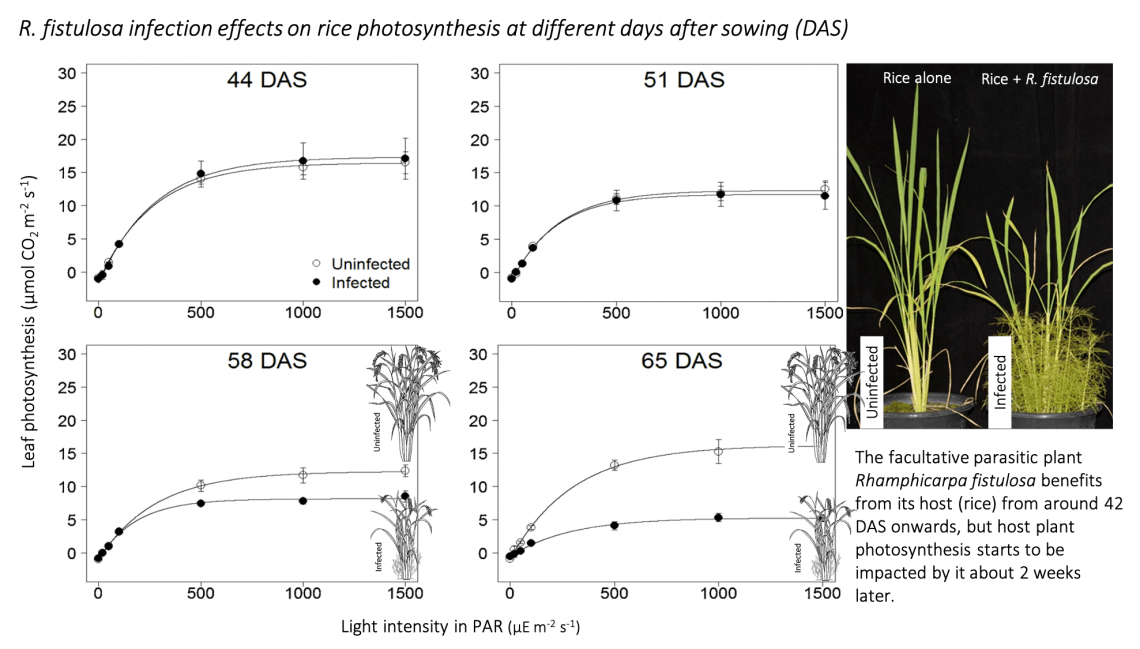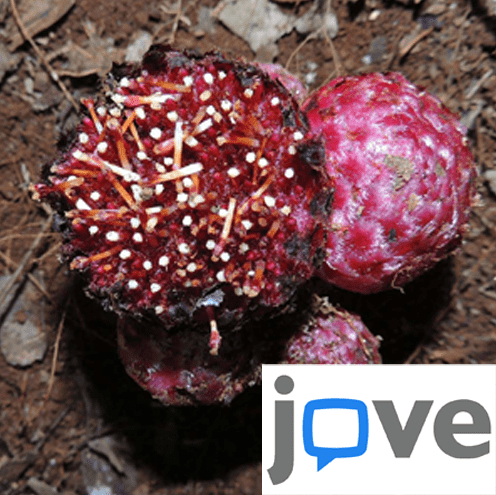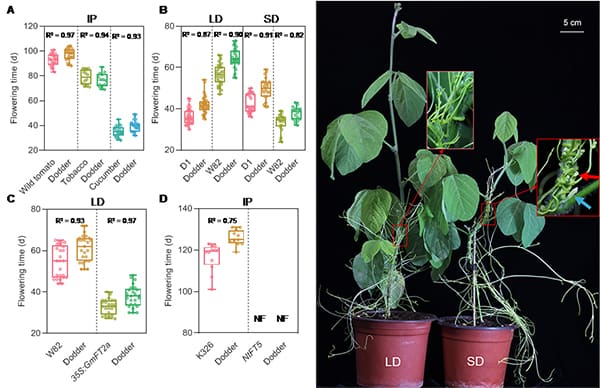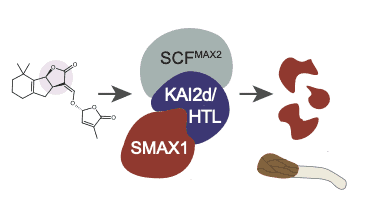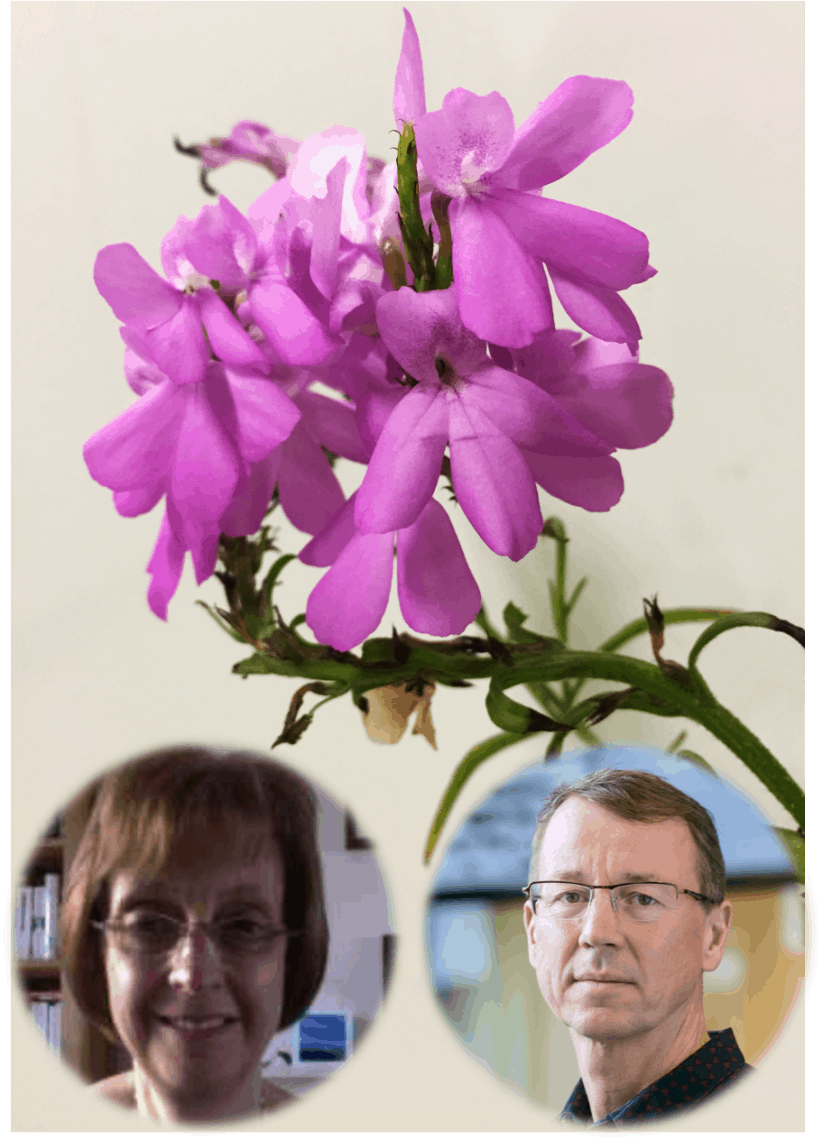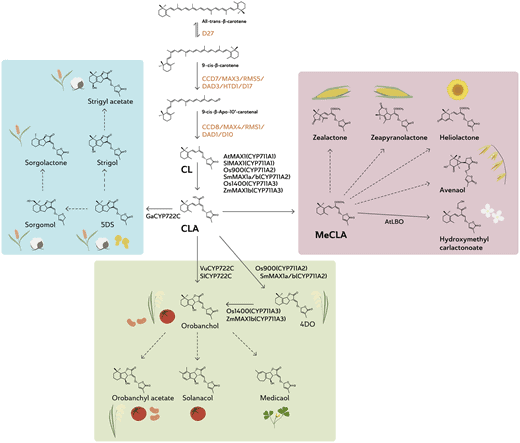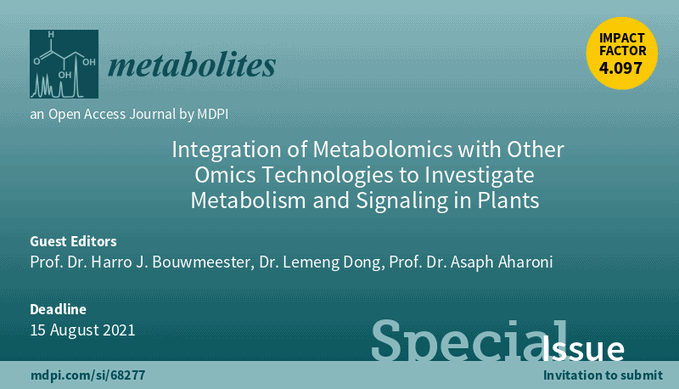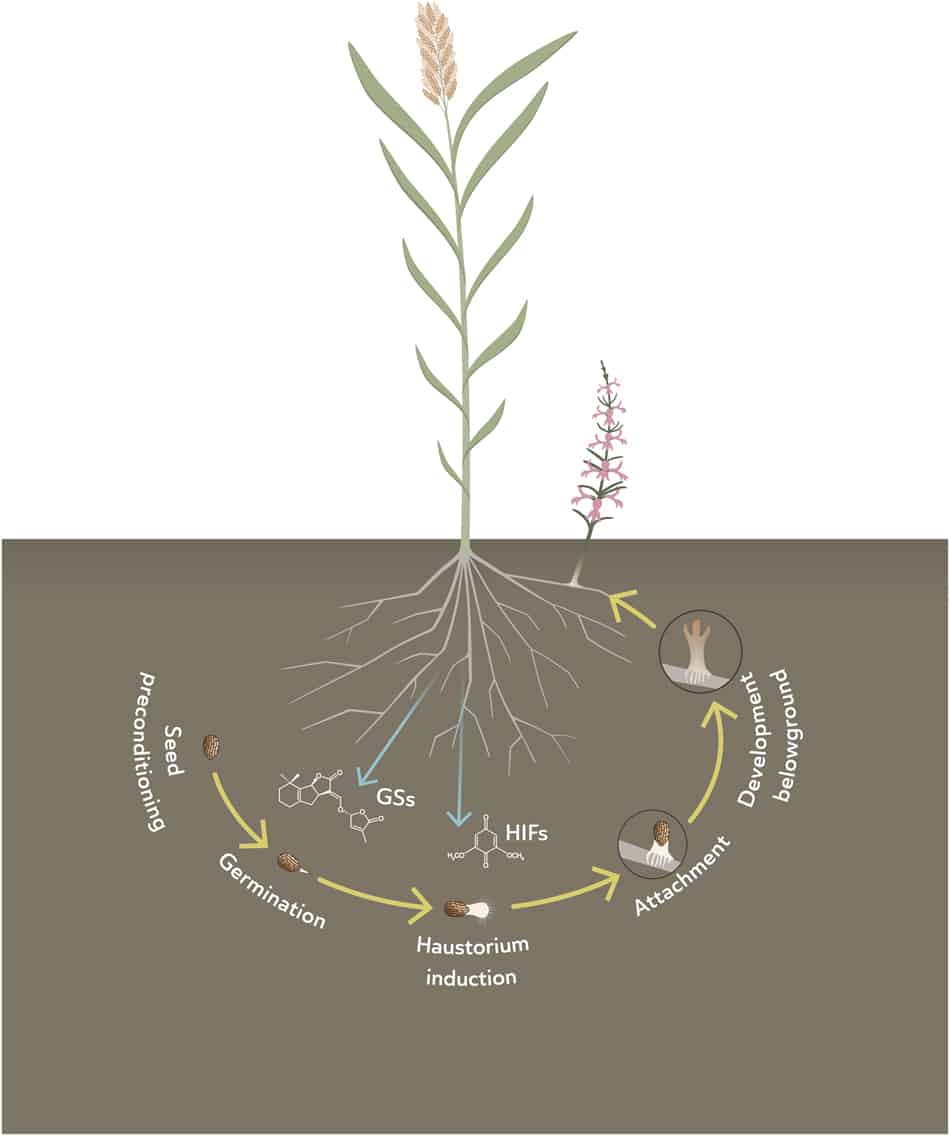In a new paper, published in Journal of Plant Physiology (https://doi.org/10.1016/j.jplph.2021.153438) we show that leaf photosynthesis and a range of associated parameters is heavily impacted in rice plants when they are infected by the facultative parasitic weed Rhamphicarpa fistulosa. Previously we found that this parasite starts benefiting from its host at around 6 weeks after […]
Impact of the facultative parasitic weed Rhamphicarpa fistulosa (Hochst.) Benth. on photosynthesis of its host Oryza sativa L.
